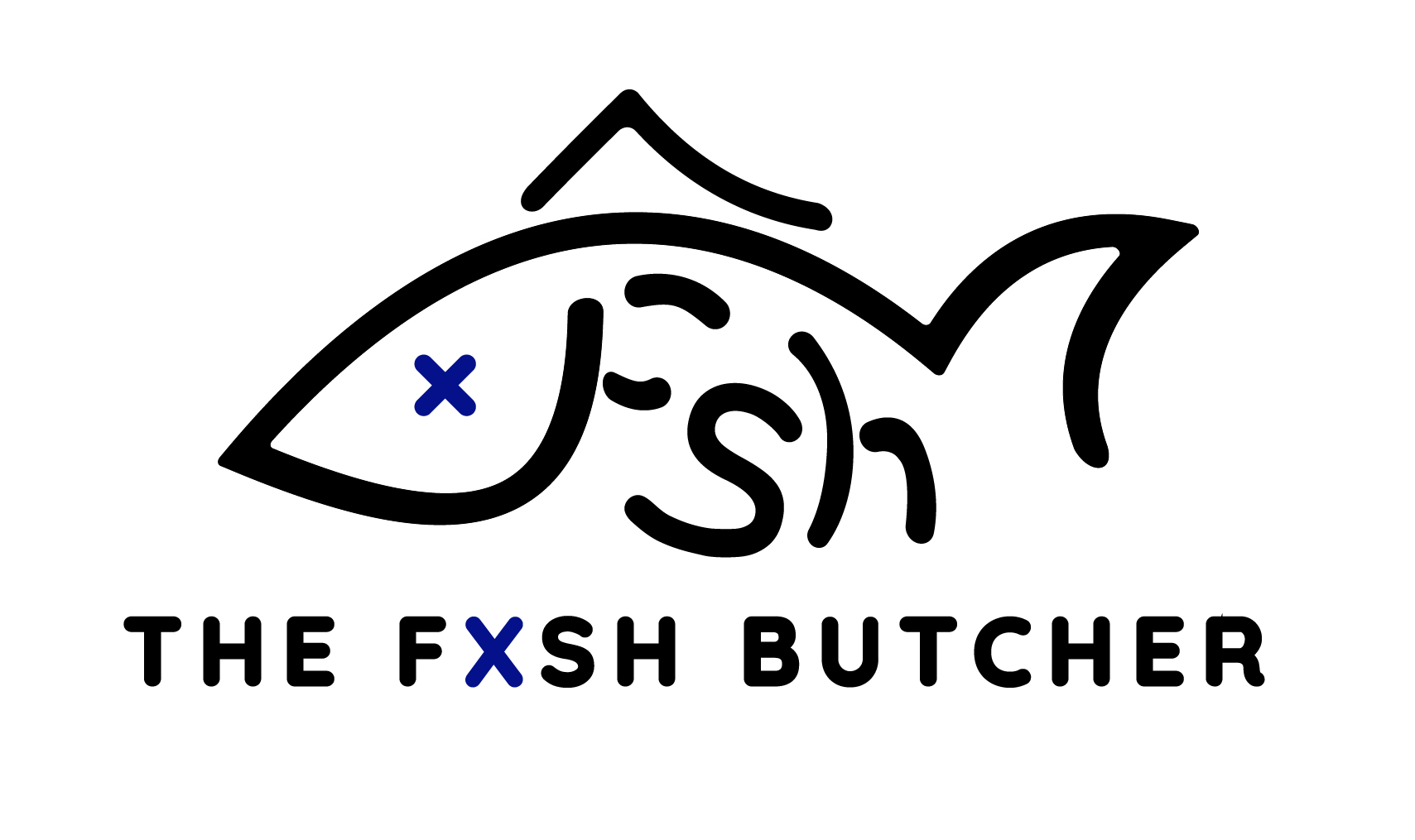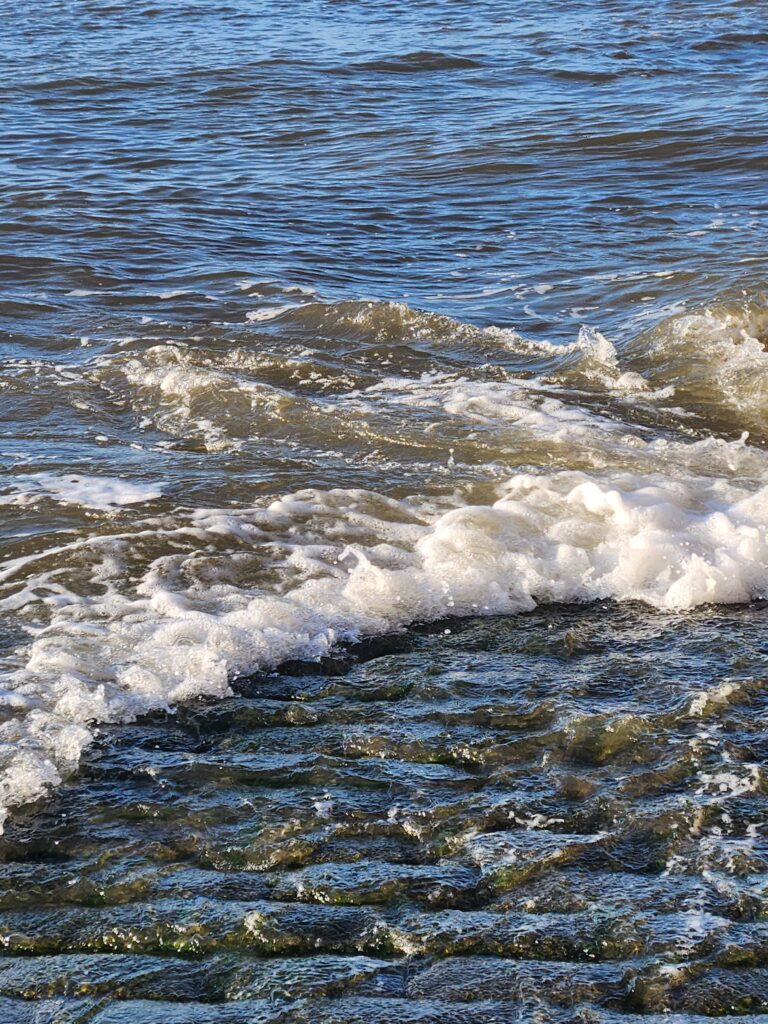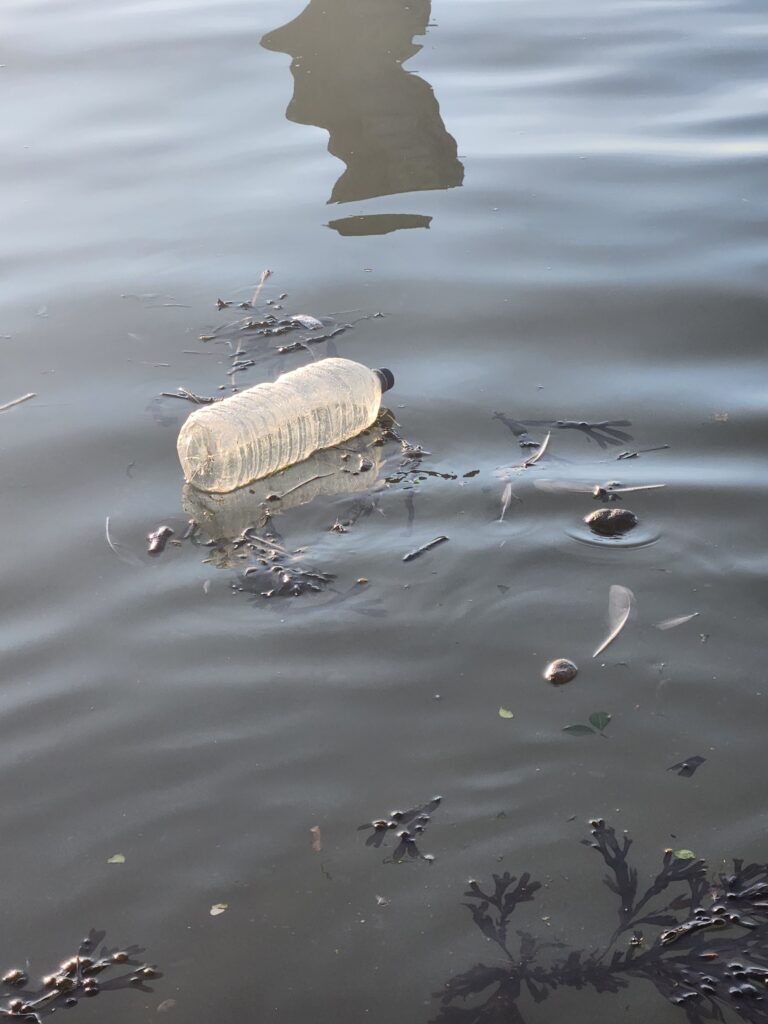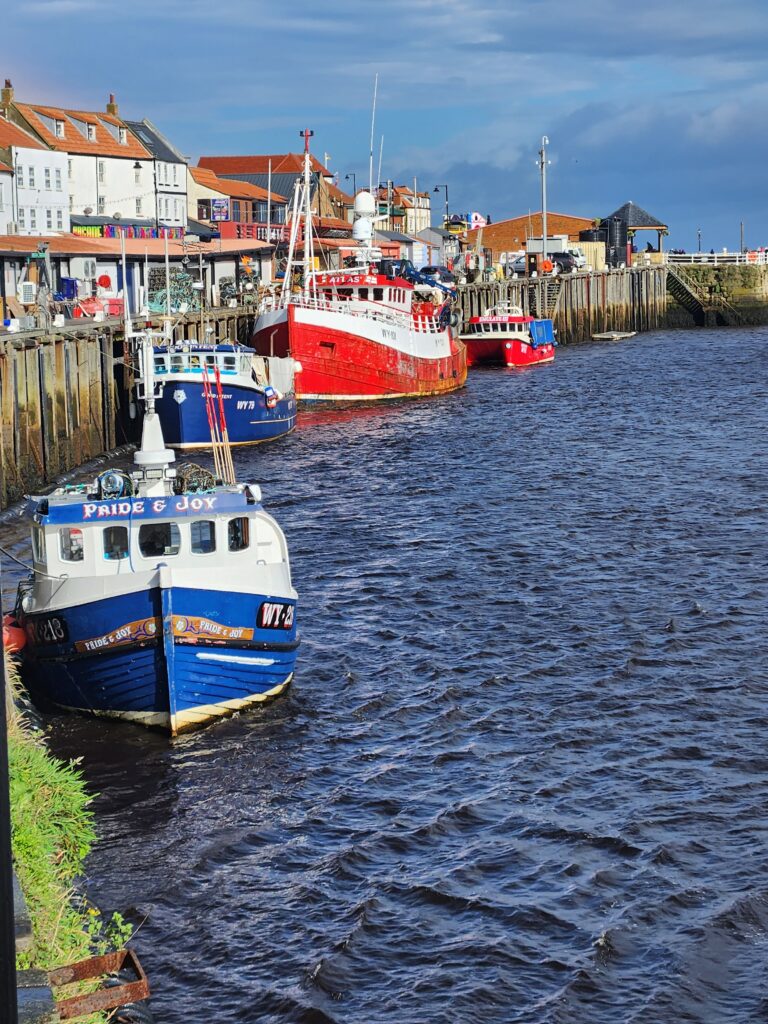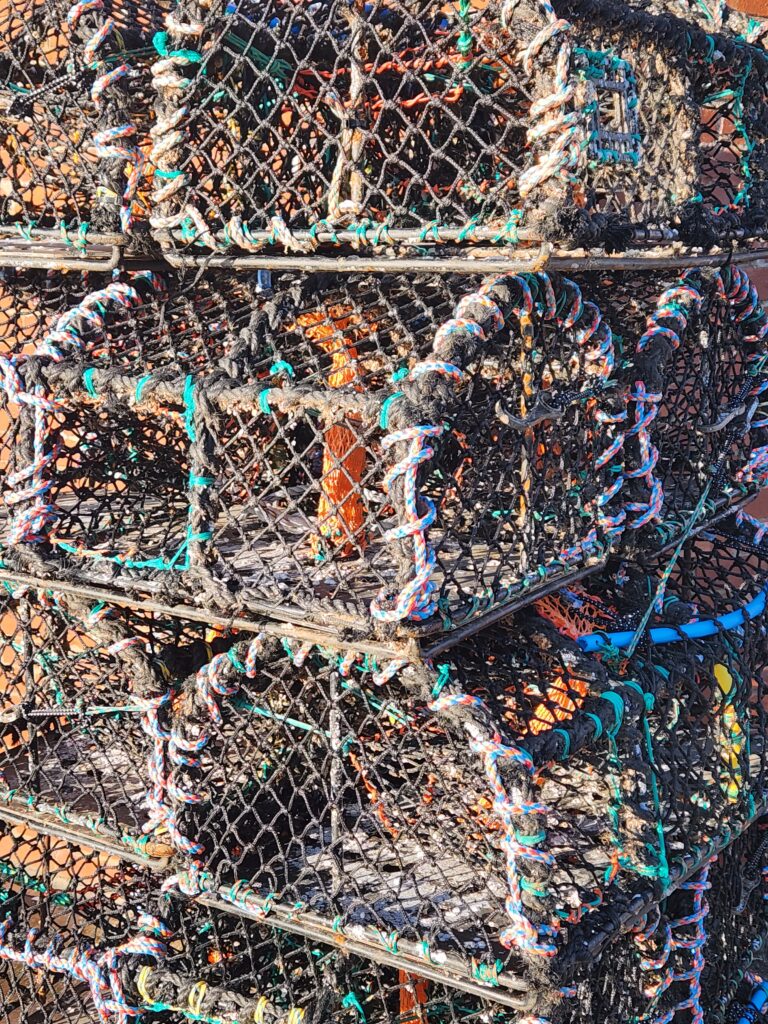We are aware that there are inherent environmental problems with providing seafood throughout the UK. From catch, transport, waste and environmental damage we are committed to keeping our impact to a minimum.
The Industry
Much the same as farming, fishing has been hit hard in recent years, decreased quotas, overfishing in the past decreasing native stocks and growing financial hardships.
We believe that by supporting small boats and buying direct, we can help a more sustainable future. 70% of all seafood caught in the British Isles is exported, whilst a huge 70% of all seafood eaten in the UK is imported. This is due to the British public holding fast to their preference for Cod, Haddock, Salmon and Prawn. Very few of these are available now in our waters.
To further compound the problem of global shipping it relies heavily on polystyrene boxes to insulate and keep the fish cold for transport and storage.
We wish to educate our customers about the many species we catch that are so highly sought after by other countries. Notably the tons of crab shipped daily to Asia, who prize the size and sweetness of our native varieties; as well as the Hake that both Spain and Portugal take in huge amounts. Then the other species that go completely unnoticed here: Witch, Dogfish, Flounder, Ling, Grey Mullet and Albacore Tuna to name but a few.
By collecting our own catch we can omit the plastics from the supply chain, taking the boxes back to the boats from which we received them and not using polystyrene at all.
Finally we advocate for nose to tail eating. Traditionally wastage from an animal is between 30 and 70% dependent on the species. By championing dry preparation and full nose to tail use we can maximise the yield and minimise waste, even turning the little waste we have in to plant food.
Ecology
Britain has, for the large part, moved its marine environmental problems abroad over the past few years. With our fishing fleet cut dramatically the majority of trawled fish we see here are imported from Scandinavian countries.
With the exception of Salmon our farmed fish: sea bass and sea bream, in supermarkets come from Eastern Mediterranean. The majority of these fish are reared in estuaries, rivers or just out at sea. This activity causes depletion of native stocks, from the feed, pesticides and parasites that leak in to the natural ecosystem.
In other parts of the world, huge trawlers scrape the seabed, destroying acres of natural grass pastures, that have been suggested to store more CO2 than all of the land pastures in the world.
By sticking to small local boats we minimise both the fuel wasted in transport and damage to local stocks and wildlife. Our refusal to stock imported seafood is part of our ongoing commitment to our values. We will also be working closely with our suppliers, some of whom are well established and work to the same goals.
In addition we are supporters of Fauna & Flora. Out of the many charities we could have chosen, they are doing a lot of work for marine life be it coral, plants or animals. They are a charity that has been operating since 1903, David Attenborough has been a member since the 50’s and has done a lot to highlight their work. Recently they have begun opening themselves to public aid. If you would like to learn more and help support you can visit www.fauna-flora.org .
